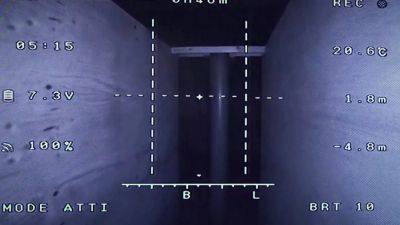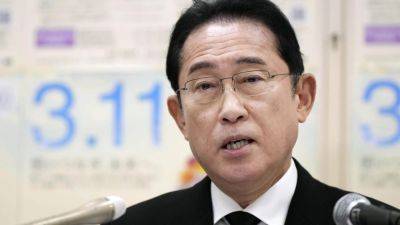Japan-South Korea ties under scrutiny over future of continental shelf in East China Sea
As a critical bilateral agreement nears expiry in 2028, Japan and South Korea face renewed tensions over Block 7, an underexplored zone in the East China Sea that could hold vast oil reserves, presenting a serious challenge to their recent diplomatic progress.
The South Korean government has expressed concern that Tokyo may not renew the 50-year-old Korea-Japan Continental Shelf Agreement when it runs out in June 2028, instead applying the criteria of a different treaty to claim a larger portion of a 44,618-sq-km area of the East China Sea known as the Japan-Korea Joint Development Zone, or simply Block 7.
Block 7 lies due south of South Korea’s Jeju Island and to the west of Kyushu and the Okinawa archipelago. While surveys have been conducted in the area since the agreement was signed in 1978, there has been no large-scale effort to exploit the oil reserves that lie beneath its seabed.
“Japan has refused to develop this area together with Korea,” said Yuji Hosaka, a professor of history and politics at Seoul’s Sejong University.
“This is because in 1994, the United Nations Convention on the Law of the Sea [UNCLOS] came into force and, under the terms of that international agreement, Japan will be able to claim up to 90 per cent of [Block 7] as its territory,” he told This Week in Asia.
“Japan is just waiting now and Korea is concerned that it could lose out,” he said.
If the Korea-Japan Continental Shelf Agreement is not extended, the area previously covered under the treaty would be subject to a new delimitation process based on UNCLOS terms, under which Japan would be able to claim rights over most of the waters in question.
Studies indicate reserves in the area could be significant, with a Japanese survey conducted in the







